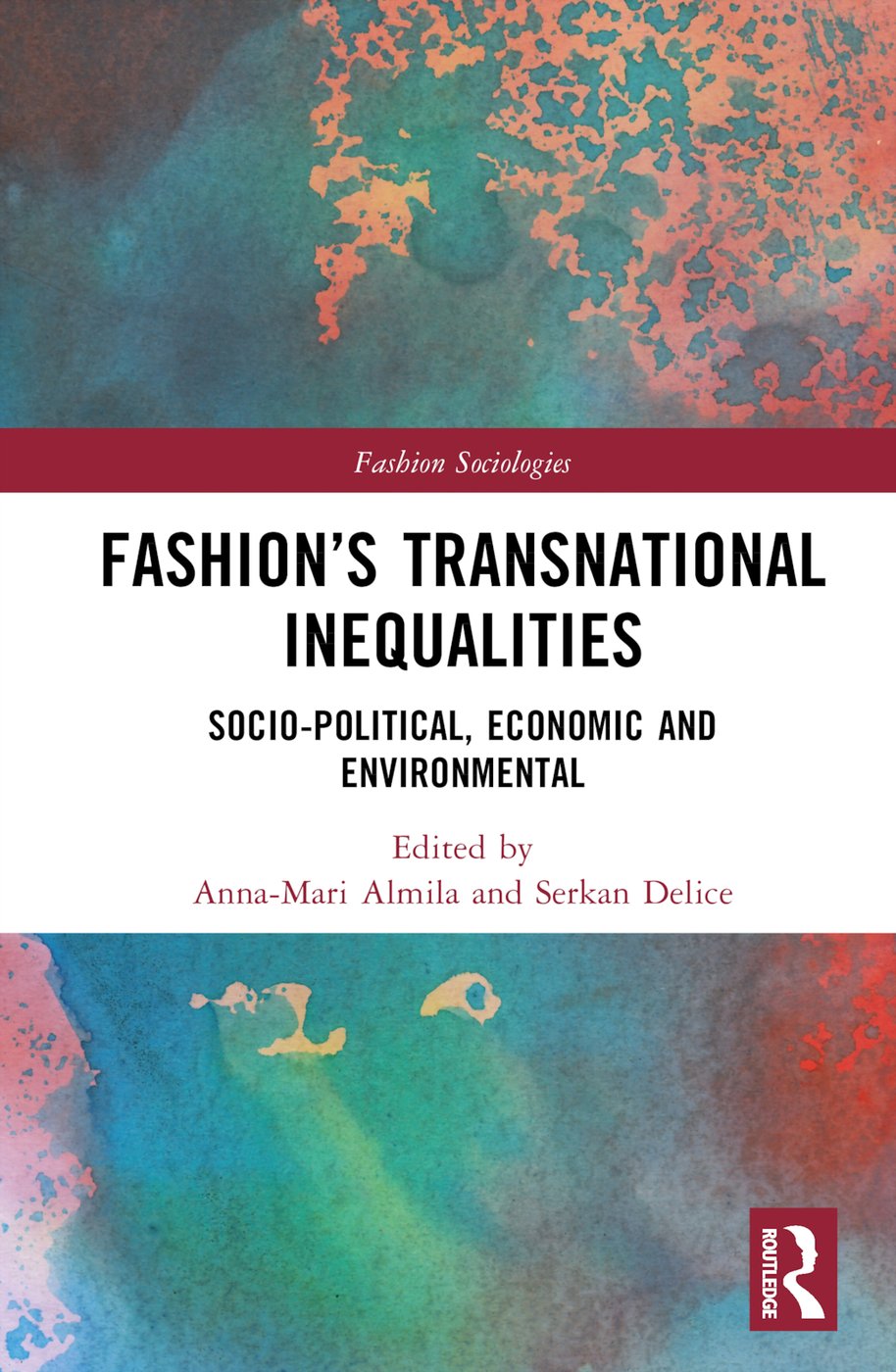On Fashion's Transnational Inequalities: Reflections on exploitative industry and the biases of scholarship
Lecture by Anna-Mari Almila organized by Elke Gaugele and Sarah Held, studio for Fashions and Styles.
Scholars of fashion in the 2020s face two pressing and intertwined issues: environmental crisis and decolonising. When talking of the inequalities inherent in fashion systems, we cannot avoid either. The various decolonising projects ongoing in the field of fashion studies are made all the more pressing by fashion production’s extremely heavy environmental cost, the socially and geographically stratified consequences of climate change, and ongoing exploitation of vulnerable workforce in textile and garment production. Further issues exist, too. We might ask where fashion scholarship and education are located, both in terms of global geography and in terms of subject-specific versus general educational institutions. Where are various fashion knowledges located? Where lie fashion’s value production and garment production respectively, and why are they so very differently rewarded? Not that any of these divisions and factors are geographically fully stable. Around the world people travel, goods travel, thoughts travel, money travels. These movements are never based upon equality, either, but are ridden with many sorts of privileges, hindrances, and vulnerabilities. Some humans are forced to move, or forced to stay, while others (including many fashion scholars based in high-status institutions in places considered fashion capitals) move freely in a highly privileged manner. The movement of fashion commodities is likewise either restricted or facilitated by international laws, contracts, and trade agreements. Ideas and images of fashion, and about fashion, move differently from physical objects and human bodies, but at the same time they reflect the global and local inequalities and injustices inherent in fashion systems. Based on the recently published book Fashion’s Transnational Inequalities, edited by Anna-Mari Almila and Serkan Delice, this talk traces some of these disparities, arguing that a wide understanding of fashion’s multiple inequalities is necessary, in order to challenge even some of these.
Anna-Mari Almila is Senior Researcher in Cultural Sociology at the Sapienza University of Rome. She is a sociologist of fashion, wine, and other apparent trivialities. She writes in the fields of cultural, political, global, and historical sociology, and her topics include the materiality of dressed bodies and their environments; fashion globalization and the history of fashion studies; the historical/political construction of urban spaces; fashion and religion; dress in later life; and wine and gender. She loves social theory and (sociology of) wine. She is the author of Veiling in Fashion: Space and the Hijab in Minority Communities (2018). Her edited books include Fashion’s Transnational Inequalities (2023), The Globalization of Wine (2019), The Routledge International Handbook to Veils and Veiling Practices (2017) and The Sage Handbook of Cultural Sociology (2016).
